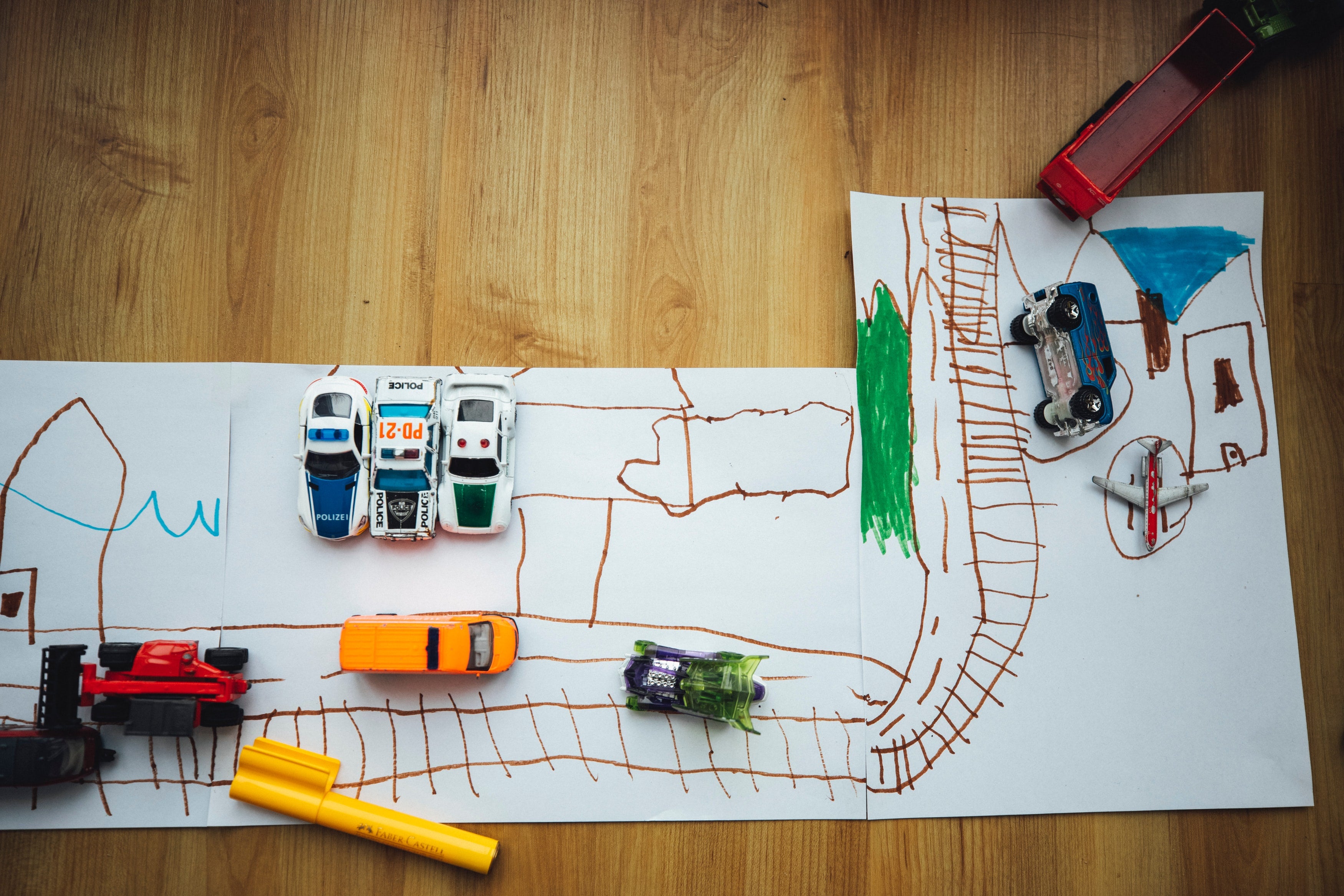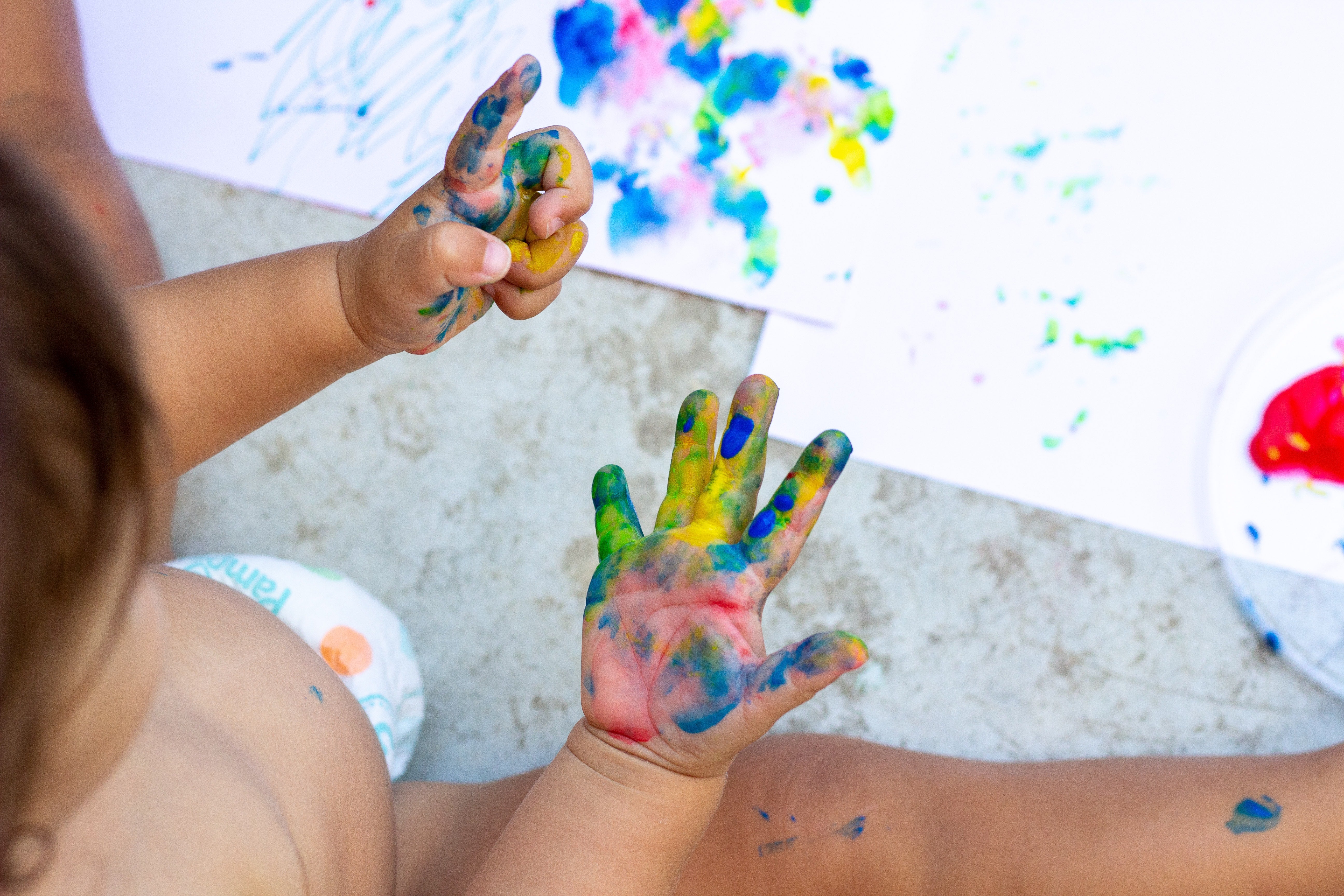A lot of you have reached out to ask how you can support your toddlers develop a growth mindset.
The reason I haven’t shared anything for that age group is that toddlers are role models of growth mindset and that is fantastic! Young children with their curiosity and exploration of the environment naturally lean towards a growth mindset. They learn through trial and error, through various incidents, as well as through modeling and teaching.
Typically, young age children do not struggle with a fixed mindset but it’s a perfect age for you to start helping them not lose it and reinforce it for the years to come.

As a parent, there are quite a few things you can do. Specifically:
- Be mindful of the language and words you use. If you are struggling with something and your child listens and observes you giving up, using defeating words like ‘I can’t do this’ or ‘I will never learn to do x’ they will also learn to deal with difficult situations with a fixed mindset.
-
Use the magical word ‘yet’. Is your child struggling to learn how to swim? Or are they having trouble scoring a goal? Help them understand that they can’t do it ‘yet’. ‘You can’t swim properly, yet’ That small, magical word will be stored in their mind and their vocabulary helping them understand that learning a new skill takes time and effort.3. Praise the process, not the outcome. Try to avoid saying ‘good boy’ or ‘good girl and be more specific in the praise you give them. For example, when a child is working on a puzzle praise their determination and focus to complete it even if they don’t! We don’t just praise our children when they achieve something but also when we see them achieving different skills. Praise effort authentically and specifically.

- Praise the process, not the outcome. Try to avoid saying ‘good boy’ or ‘good girl and be more specific in the praise you give them. For example, when a child is working on a puzzle praise their determination and focus to complete it even if they don’t! We don’t just praise our children when they achieve something but also when we see them achieving different skills. Praise effort authentically and specifically.
-
Make space and allow for frustration. Talk about what they are feeling, about that specific emotion, and how to deal with it. Help your children be motivated by frustration, not shut down by it.

- Encourage risk-taking. These can be physical risks like climbing higher on the play equipment, using real tools like a kitchen knife when cooking, or touching that worm in the garden. You know your child the best so this will be different for every child, and you should only permit safe choices while still trusting the child. If you don’t allow for safe risk-taking that means you are taking away learning opportunities from potential mistakes. Make sure to always be available when trying more challenging activities in case your child needs help.
-
Give children the time and space to use materials in their own way. This isn’t just about letting them play and use their imaginations; it’s also about building confidence, independence, and creative problem solving, which are all big parts of fostering that growth mindset.
Some other things I think you should be focusing on in younger years to set the stage for a growth mindset is to focus on problem-solving, accepting mistakes and failures as part of everyday life, and confidence-building.

How do you do that?
- Do not swoop in to fix things for your children
- Give them the time to try – and fail – to fix their own challenges. Yes, more disasters will be made but more skills will be learned.
- Try not to say, “Go get some paper towels’ but instead try saying “How can you fix this?” Just that little change makes a big difference. Try to give your children the opportunity to fix mistakes themselves but be there if they need support. Also, try to remember they are only young so you might need to show them more times than once how to achieve a skill.
“If parents want to give their children a gift, the best thing they can do is to teach their children to love challenges, be intrigued by mistakes, enjoy effort, and keep on learning. That way, their children don’t have to be slaves of praise. They will have a lifelong way to build and repair their own confidence.”
― Carol S. Dweck


